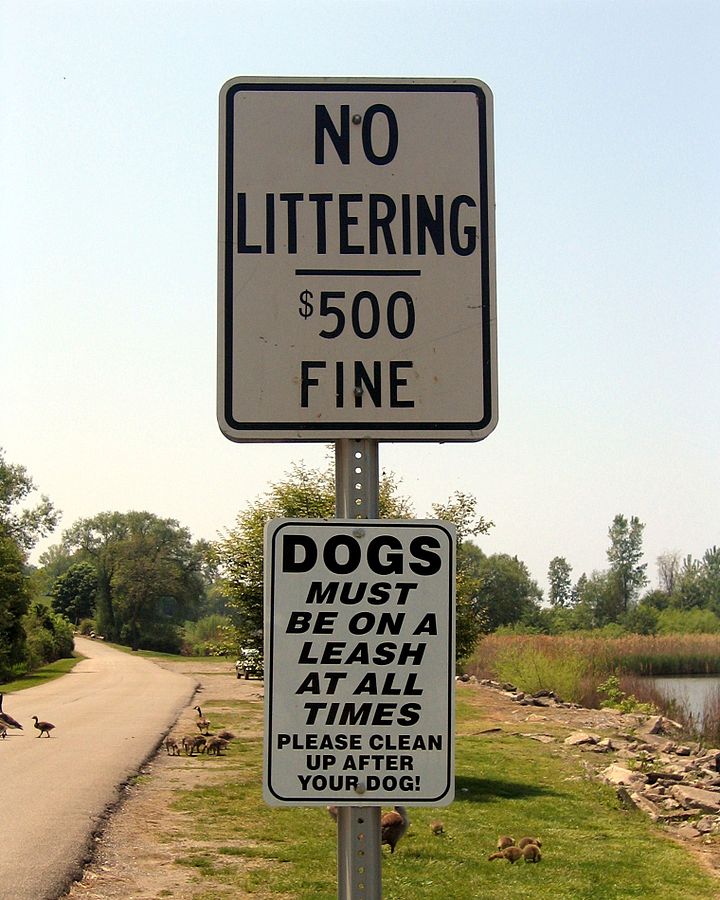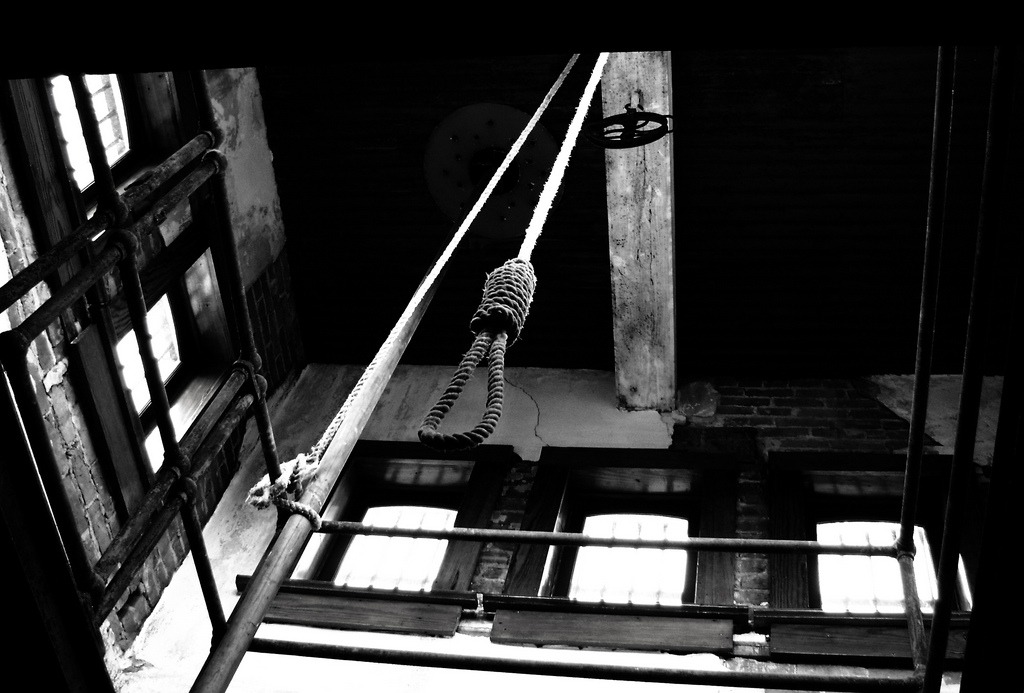by Lois Tverberg
But if there is serious injury, you are to take life for life, eye for eye, tooth for tooth, hand for hand, foot for foot, burn for burn, wound for wound, bruise for bruise. Exodus 21:23-25
Many people quote this line in the the Hebrew Bible about “eye for an eye” and “tooth for tooth” as showing the barbaric nature of the laws in the Bible. Grasping its context is important and sheds light.
The laws of the Torah were far more humane than in other ancient cultures, and even this law, in its context, actually was an effort at reasonable punishment at an offense rather than cruel vengeance. Without any laws, the typical response to a crime where one had injured another would be revenge by the victim’s clan, escalating into feuds. This law of “like for like” was actually intended to limit the punishment for an injury to no more than the injury itself.
 In fact, most scholars think that in ancient Israel this law wasn’t followed literally, but was interpreted as allowing for monetary fines for injuries (1). Evidence for that is in Numbers 35:31 which says, “Moreover, you shall not take ransom for the life of a murderer who is guilty of death, but he shall surely be put to death.” The existence of this law shows that usually a monetary fine was the penalty for a crime. Yet it was not allowed for murder.
In fact, most scholars think that in ancient Israel this law wasn’t followed literally, but was interpreted as allowing for monetary fines for injuries (1). Evidence for that is in Numbers 35:31 which says, “Moreover, you shall not take ransom for the life of a murderer who is guilty of death, but he shall surely be put to death.” The existence of this law shows that usually a monetary fine was the penalty for a crime. Yet it was not allowed for murder.
Surprisingly, this seemingly harsh law is actually evidence of an ethical difference between the laws of Israel and surrounding nations. The reason for not allowing a life to be paid off by money was because of the precious nature of life itself — that a human life was so valuable, the only fitting punishment for taking a life was death to the offender.
This emphasis on the sacredness of life was a key difference between the laws of Israel and surrounding peoples. In other nations, minor crimes like stealing might be punished by death. In Israel, however, no property crime ever demanded the life of the offender.
 On the other hand, in Israel, murder always called for capital punishment rather than monetary fines, as in other cultures. Other nations also demanded brutal punishments for people of lower classes for minor offenses against the rich. Israel, in contrast, treated all criminals alike. Their punishment was far more humane, usually demanding restitution to the victim rather than bodily damage to the offender.
On the other hand, in Israel, murder always called for capital punishment rather than monetary fines, as in other cultures. Other nations also demanded brutal punishments for people of lower classes for minor offenses against the rich. Israel, in contrast, treated all criminals alike. Their punishment was far more humane, usually demanding restitution to the victim rather than bodily damage to the offender.
When seen in the light of the Ancient Near Eastern world, you see God teaching his people the need to be fair and just to all levels of humanity, and we see the preciousness of life itself.
~~~~
 To explore this topic more, see chapter 11, “Touching the Rabbi’s Fringe” in Sitting at the Feet of Rabbi Jesus, Zondervan, 2009, p. 145-162.
To explore this topic more, see chapter 11, “Touching the Rabbi’s Fringe” in Sitting at the Feet of Rabbi Jesus, Zondervan, 2009, p. 145-162.
(1) N. Sarna, Exploring Exodus, Shocken Books, pp 182-189
Photo: Pbalson8204, Unsplash and Patrick Feller




